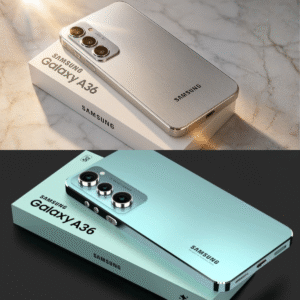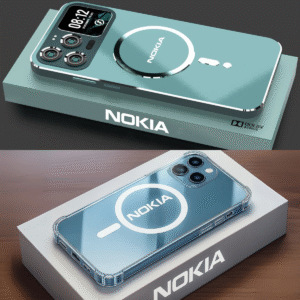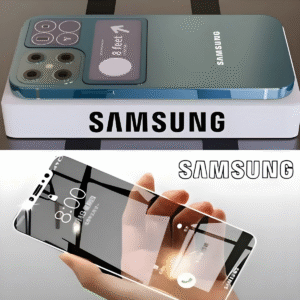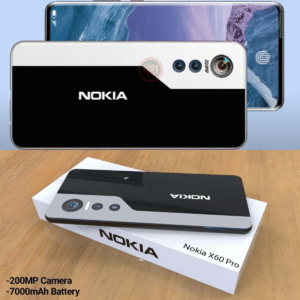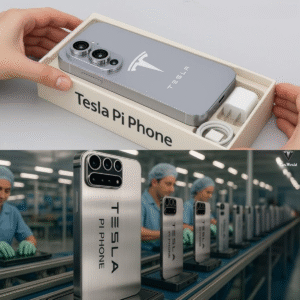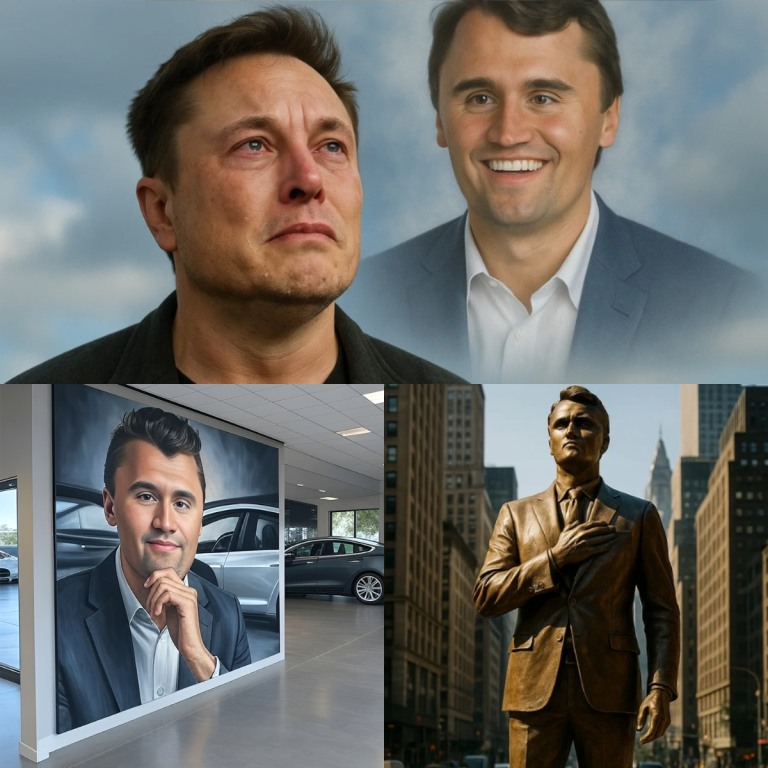
Breaking: Elon Musk Announces Nationwide Memorial for Charlie Kirk — Every Tesla Dealership Will Now Feature Giant Murals Honoring His Vision and Unyielding Spirit.

On a crisp September morning that felt more like a turning point in cultural memory than a corporate press event, Elon Musk took the stage at Tesla’s global headquarters in Austin, Texas, and delivered one of the most unexpected and emotional announcements of his career. In a move that has stunned political observers, business leaders, and even his own fan base, Musk revealed a sweeping nationwide tribute to conservative activist Charlie Kirk — a man whose controversial yet influential voice reshaped American discourse and whose legacy, Musk believes, deserves to “live far beyond headlines and history books.”
“From this day forward,” Musk declared before a silent crowd of employees, investors, and media, “every Tesla dealership across the United States will display a mural honoring Charlie Kirk — not just as a political figure, but as a symbol of conviction, resilience, and the power of standing up for what you believe in.”
It was a moment that blurred the lines between politics, art, and technology — and one that will likely spark debate for decades to come. But beyond the headlines, Musk’s decision reveals a deeper story about legacy, memory, and the forces shaping America’s cultural future.
A Tribute Beyond Technology: “This Is About Ideas That Outlive Us”
For Musk, this isn’t about politics. At least, not entirely. “This is about ideas,” he explained. “Charlie Kirk represented a force of belief — whether you agreed with him or not. He challenged the mainstream, questioned assumptions, and dared to speak loudly in a time when silence was easier. That takes courage. And courage is something the future always needs.”
The murals, which will be painted in Tesla showrooms from California to Florida, will not be uniform. Each one will be a unique piece commissioned from local artists — depicting different facets of Kirk’s life, message, and influence. Some will show him delivering fiery speeches. Others will portray quieter moments of reflection. Some will feature his most famous quotes, etched in bold letters across the walls.
The goal, Musk said, is not to glorify but to provoke thought. “We want people to walk into a Tesla store, look at that mural, and think about legacy — about what it means to leave a mark on the world,” he said. “Whether you loved Kirk or opposed everything he stood for, you cannot deny that he left a mark.”
The Art of Legacy: Thousands of Murals, One Story
The logistics behind this project are staggering. Tesla operates over 250 dealerships and showrooms across the United States — and each one will now become part of a sprawling art installation. Musk confirmed that the company has already partnered with more than 300 artists, many of them emerging talents, to bring the vision to life.
“We want diversity — of style, of interpretation, of emotion,” said Claire Hammond, Tesla’s Head of Global Design. “Some murals will be abstract, others hyper-realistic. Some will celebrate, others will question. That’s the point — a legacy this complex deserves conversation, not consensus.”
Tesla has also announced that it will fund community art programs tied to the project, giving young artists grants to explore themes of leadership, free speech, and societal change. “It’s not just about painting a wall,” Hammond added. “It’s about inspiring the next generation to ask what they stand for.”
Dividing Opinions — and That’s Exactly the Point
Unsurprisingly, the announcement has ignited fierce reactions across the political spectrum. Supporters hailed Musk’s decision as a powerful act of honoring free expression and ideological diversity. “This is bigger than Tesla. It’s about courage in an age of conformity,” tweeted Senator Josh Hawley. “Whether you agreed with Kirk or not, his impact was real. And this project recognizes that.”
Critics, however, see it differently. Progressive groups have accused Musk of politicizing his company and glorifying a polarizing figure. “This isn’t about art or legacy — it’s about normalizing extremism,” said one activist group in a statement. “Corporate America should not be turned into a shrine for divisive ideologues.”
But Musk, as usual, remains unfazed. “If this project didn’t spark debate,” he tweeted hours after the announcement, “it wouldn’t be worth doing. History is not written by those who tried to please everyone.”
A Message to the Future: Legacy in the Age of Innovation
This initiative isn’t the first time Musk has honored Kirk. In recent months, he’s named a Starlink satellite program after him and even hinted that the first colony on Mars might feature a “Kirk Pavilion” — a space dedicated to free expression and civil discourse. But this is by far the most public, ambitious, and enduring tribute yet.
For Musk, the connection is personal. “I didn’t always agree with Charlie,” he admitted, “but I respected him. And I respected the way he inspired people — even those who hated him — to think differently. That’s the essence of progress. Innovation isn’t just about rockets and cars. It’s about challenging the status quo — and so was he.”
Industry analysts say the project also reflects a broader trend: the merging of corporate identity with cultural and political legacy. “Musk is rewriting the rulebook,” said Dr. Evelyn Crane, a sociologist at Stanford. “This isn’t just branding. It’s myth-making. Tesla isn’t just selling cars — it’s selling a vision of what matters.”
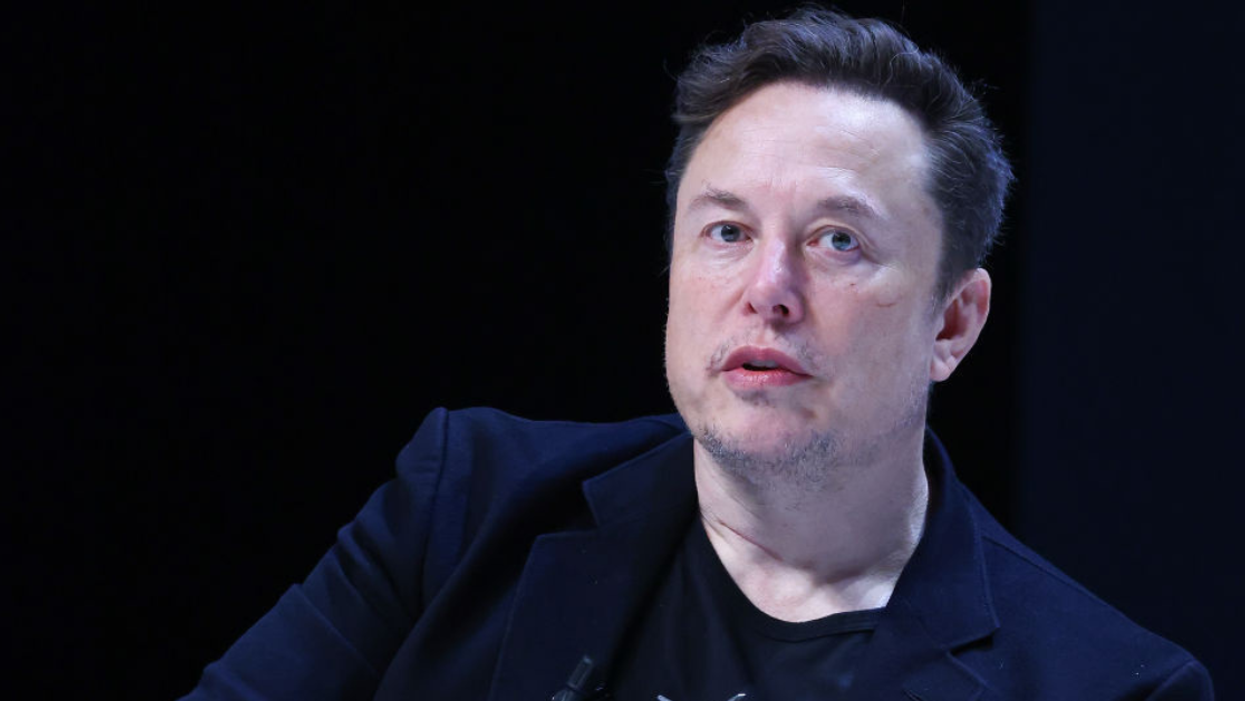
More Than Murals: Plans for a Living Memorial
Beyond the art itself, Tesla is exploring ways to turn the project into a living, evolving memorial. Visitors will be able to scan QR codes next to each mural to access interactive exhibits — including speeches, interviews, and archival footage of Kirk. A dedicated digital archive is also in the works, allowing users to submit their own reflections on his legacy.
The company even plans to host annual “Legacy Days” in showrooms nationwide — events that invite speakers, artists, and thinkers from across the political spectrum to discuss free speech, leadership, and civic responsibility. “We want these spaces to become forums for conversation,” Hammond said. “That’s the ultimate tribute — not just remembering a man, but continuing the debates he started.”
A Legacy That Refuses to Fade
As the press conference concluded, Musk stepped off the stage to thunderous applause from Tesla employees — but also a palpable sense of history in the making. This was not just a corporate announcement. It was a cultural statement. A declaration that legacies are not meant to be buried quietly, but painted boldly on the walls of the future.
“Charlie Kirk’s name will be remembered,” Musk said in his final words. “Not because everyone agreed with him, but because he dared to speak when silence was safer. And that’s the kind of courage that should never be forgotten.”
For supporters, the murals are a tribute to conviction. For critics, they are a provocation. For historians, they may one day be seen as a marker of how 21st-century America wrestled with its identity. But for Elon Musk, they are something else entirely — a promise that the stories that shape us will not fade into the past but will instead live on, larger than life, in the spaces where we dream about tomorrow.
